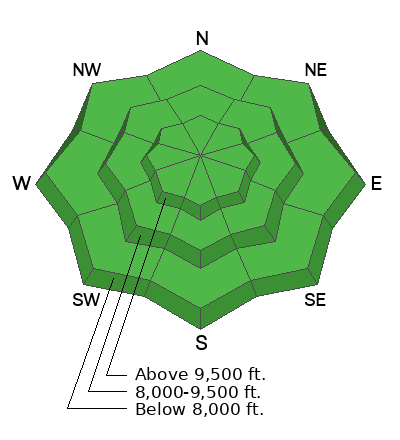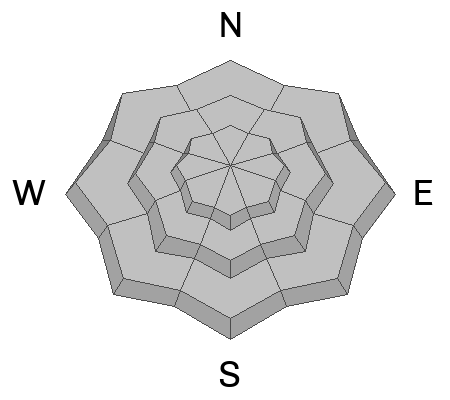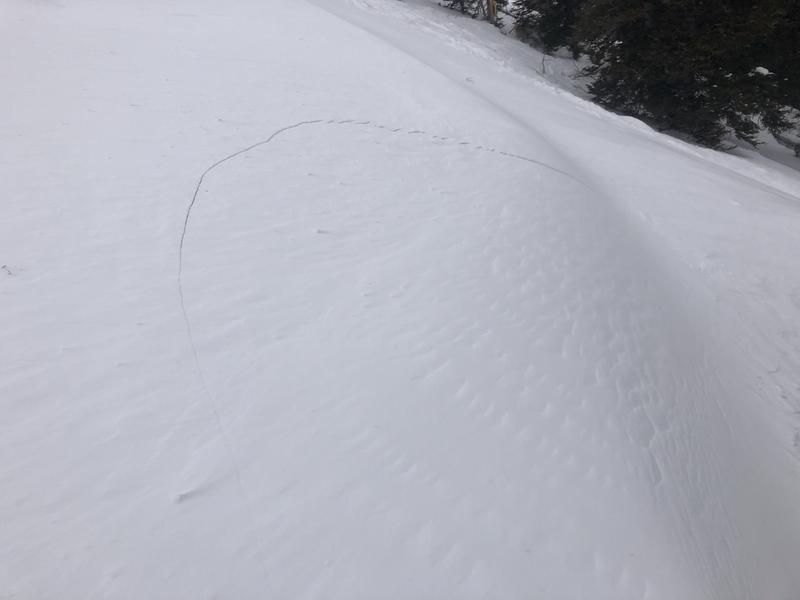Forecast for the Provo Area Mountains

Issued by Greg Gagne on
Monday morning, December 25, 2023
Monday morning, December 25, 2023
The avalanche danger is LOW. Although avalanches are unlikely, watch for small avalanches in isolated areas, including
- pockets of wind-drifted snow at the upper elevations that are up to 6" thick;
- sluffing in the loose snow on steep and sustained aspects.

Low
Moderate
Considerable
High
Extreme
Learn how to read the forecast here









